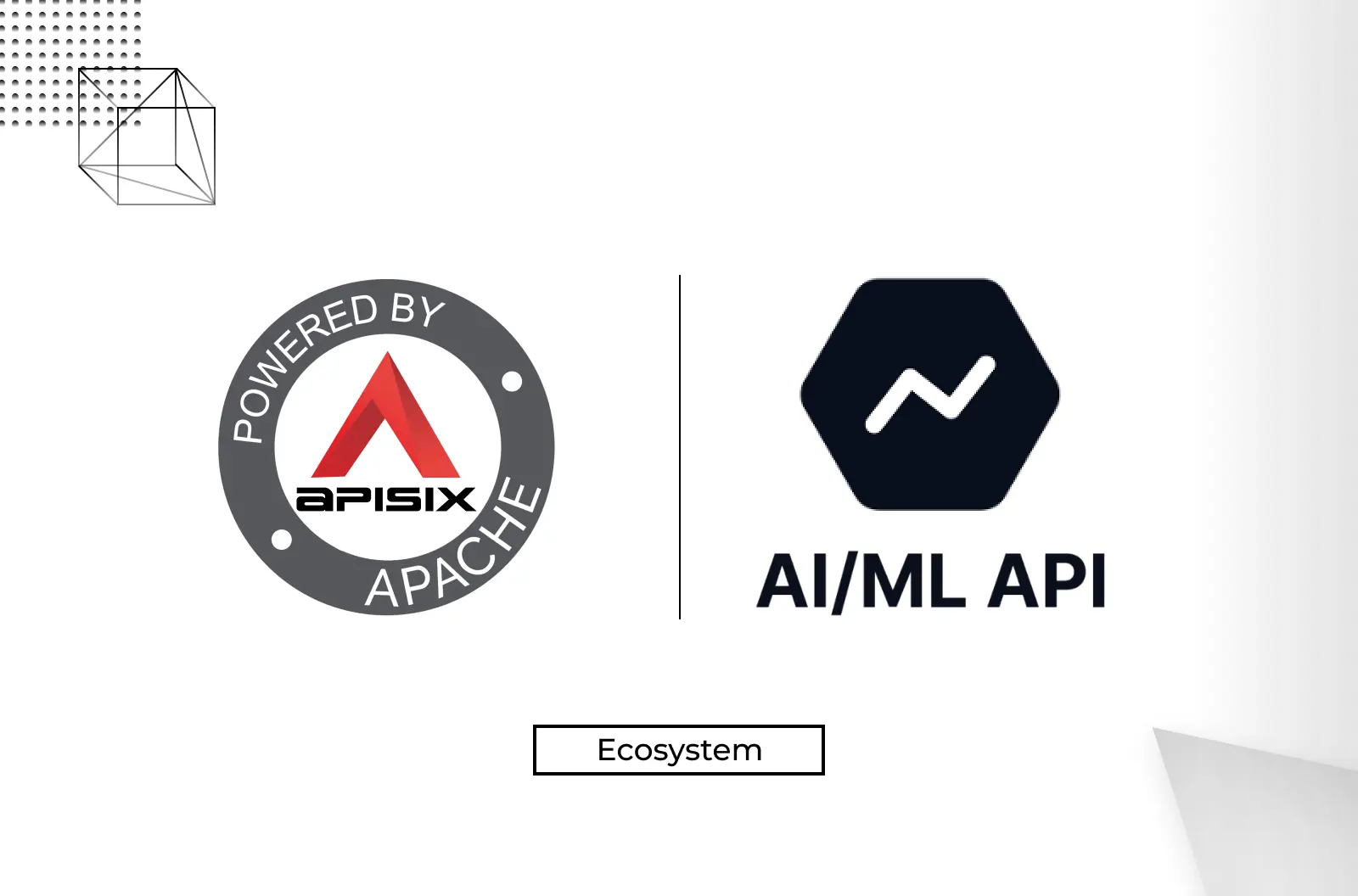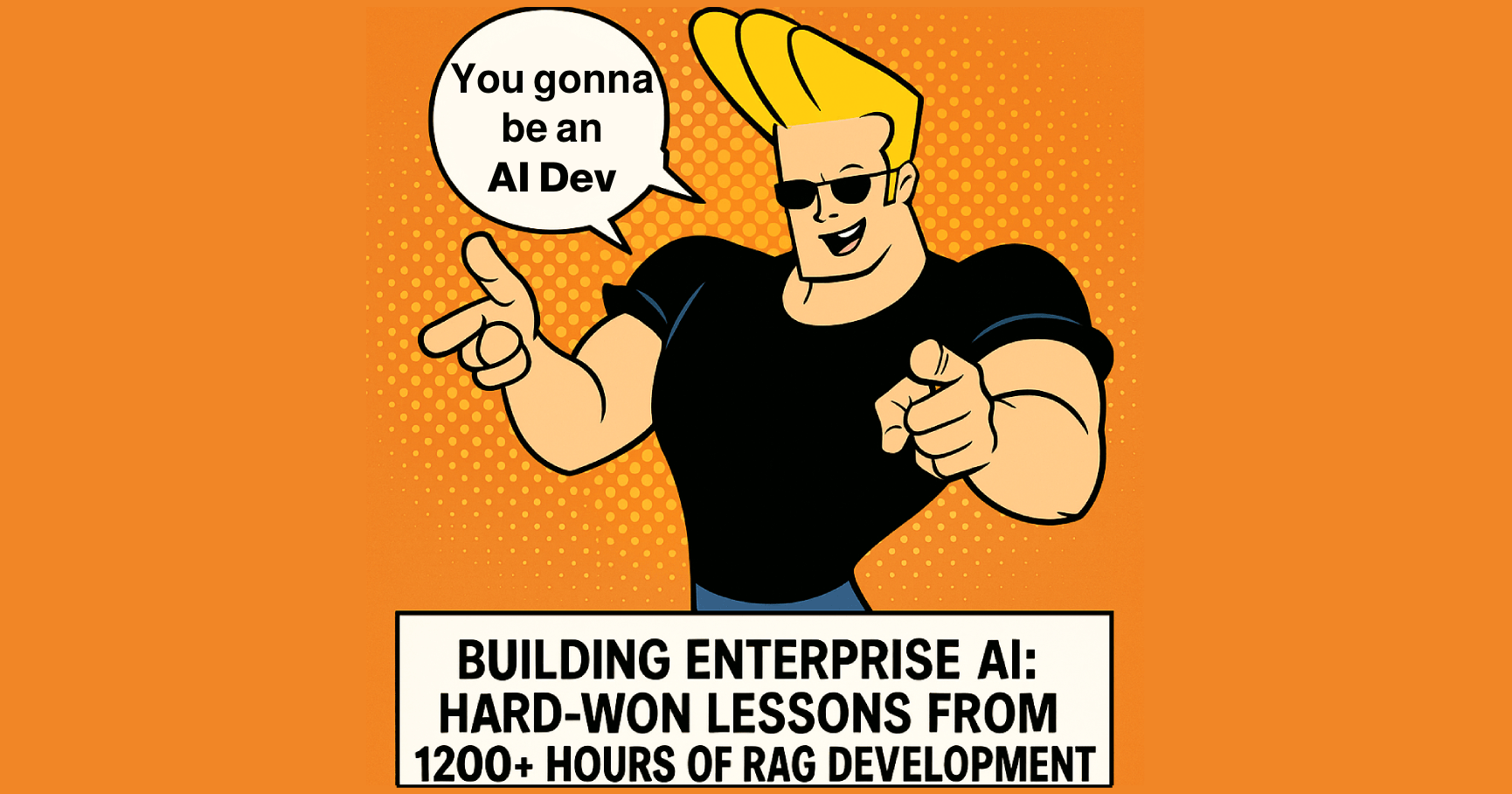Production-ready agents with the OpenAI Agents SDK + Temporal
AI agents have become the dominant approach to building applications that leverage LLMs. They are AI-powered applications that don’t just respond to input, but actively pursue objectives using LLMs, memory, and tools. While I don’t believe there will ever be a single way to build these agents, some patterns are proving to be broadly applicable, and they are starting to show up as primitives in AI-centric programming frameworks, like the OpenAI Agents SDK.
I worked with the TypeScript version of OpenAI’s SDK a couple of months ago, but as of late have had a reason to dig deeper into the original Python one, and it’s pretty darn slick. I personally love anything where one of the stated goals is to keep the model as simple as possible, but only when it also stays the heck out of the way of the developer (nod to my friend and former boss Tom). These are the two stated goals of the OpenAI Agents SDK.
OpenAI and Temporal have teamed up to add Durable Execution to agents built using OpenAI’s Agents SDK, and today we released the new integration in Public Preview.














